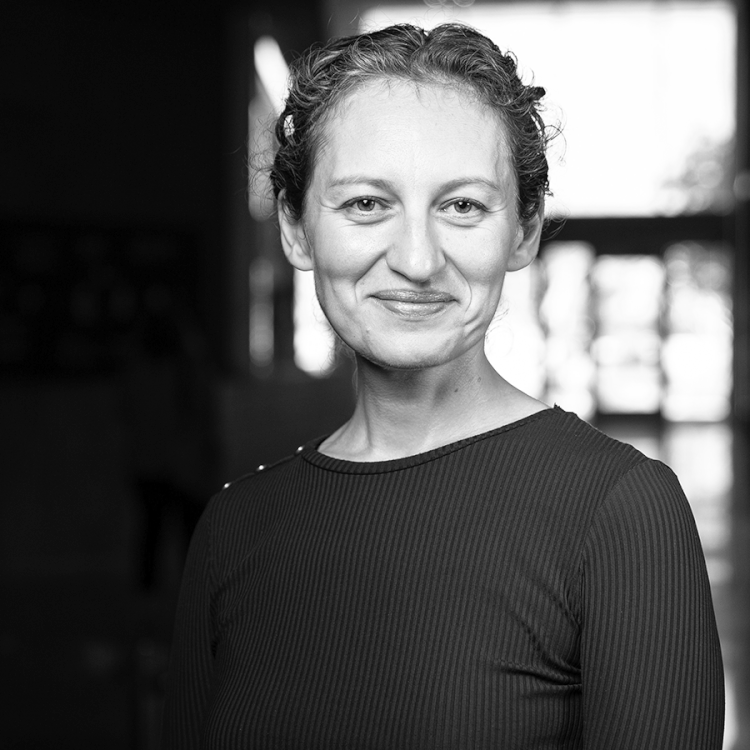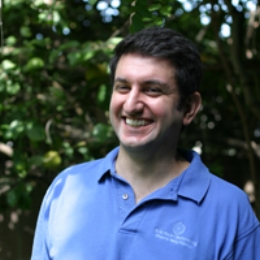Wha
What is SPARCS
what
Monitoring the High-Energy Radiation Environment of Exoplanets Around Low-mass Stars with SPARCS
Roughly seventy-five billion M dwarfs in our galaxy host at least one small planet in the habitable zone (HZ). The stellar ultraviolet (UV) radiation from M dwarfs is strong and highly variable, and impacts planetary atmospheric loss, composition and habitability. These effects are amplified by the extreme proximity of their HZs (0.1–0.4 AU). Knowing the UV environments of M dwarf planets will be crucial to understanding their atmospheric composition and a key parameter in discriminating between biological and abiotic sources for observed biosignatures. The Star-Planet Activity Research CubeSat (SPARCS) will be a 6U CubeSat devoted to photometric monitoring of M stars in the far-UV and near-UV, measuring the time-dependent spectral slope, intensity and evolution of M dwarf stellar UV radiation. For each target, SPARCS will observe continuously over at least one complete stellar rotation (5 - 45 days). SPARCS will also advance UV detector technology by flying high quantum efficiency, UV-optimized detectors developed at JPL. These Delta-doped detectors have a long history of deployment demonstrating greater than five times the quantum efficiency of the detectors used by GALEX. SPARCS will pave the way for their application in missions like LUVOIR or HabEx, including interim UV-capable missions. SPARCS will also be capable of ‘target-of-opportunity’ UV observations for the rocky planets in M dwarf HZs soon to be discovered by NASA’s TESS mission, providing the needed UV context for the first habitable planets that JWST will characterize.
Related Publications
The SPARCS Team
David Ardila (JPL)
Payload Scientist
Varoujan Gorjian (JPL)
Science Team
Joe Llama (Lowell)
Science Team
Paul Scowen (ASU)
Payload Systems Engineer
Travis Barman (UA)
Stellar Atmospheres Lead
Daniel Jacobs (ASU)
Systems Engineer
Victoria Meadows (UW)
Planetary Atmospheres Lead
Evgenya Shkolnik (ASU)
Principal Investigator
Payload Team
April Jewell (JPL)
Camera Team
Shouleh Nikzad (JPL)
Camera Lead
Connie Spittler (ASU)
Graduate Student
Judd Bowman (ASU)
Mission Operations System Lead
CubeSat Development
Sarah Peacock (UA)
Graduate Student
Mark Swain (JPL)
JPL Lead
Robert Zellem (JPL)
Science Team



















